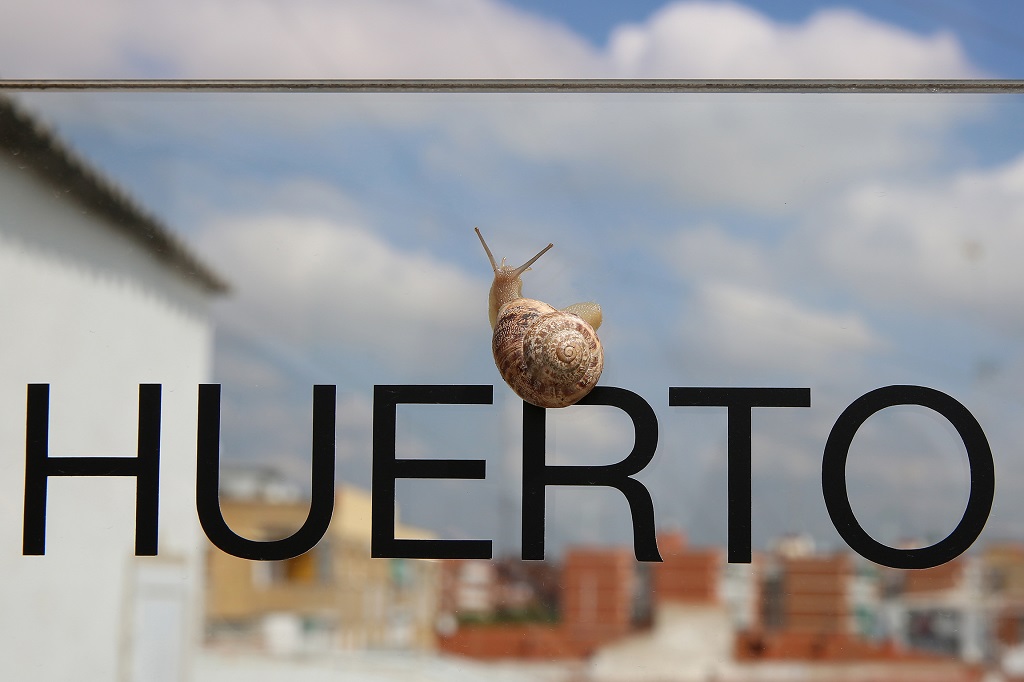Friday 19 January. 11.30- 13:30h.
Kokedama is a Japanese technique of keeping plants at home without pots. In addition to being a beautiful way to keep plants indoors, they also offer us the chance to learn more about our flora and how to care for them.
